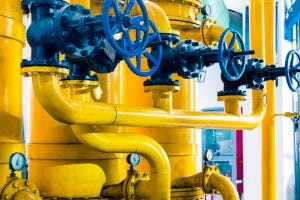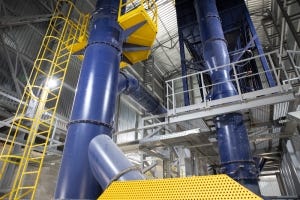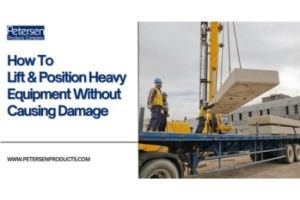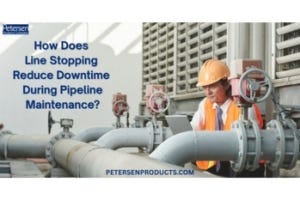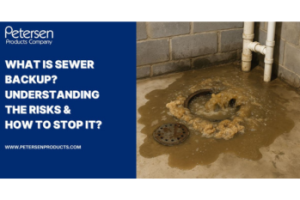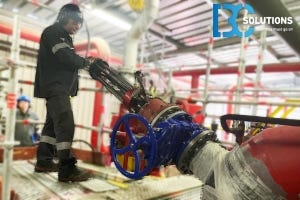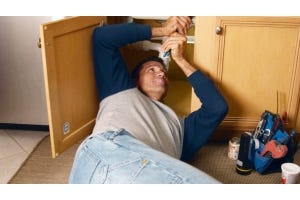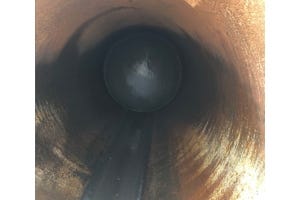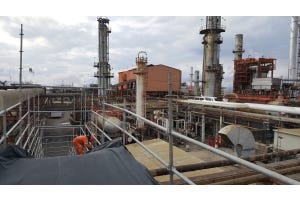3 Common Reasons Why Pipelines Leak

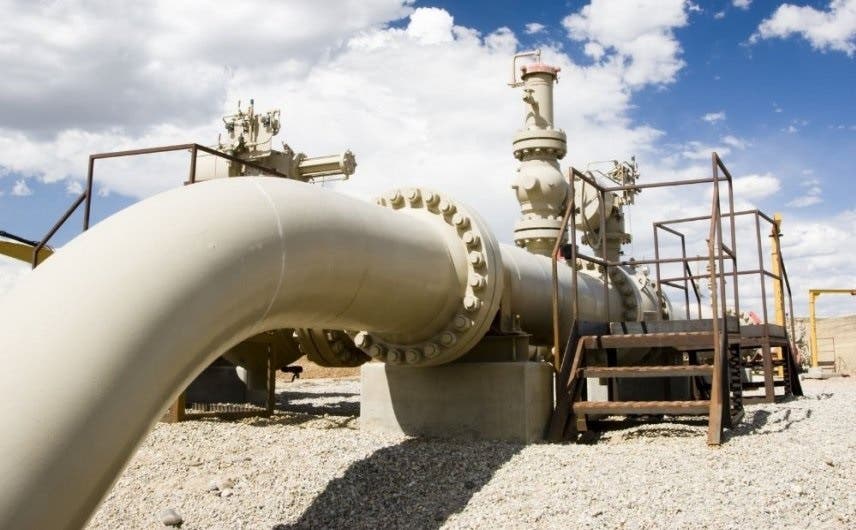
Pipeline leakage can be devastating to the environment, your productivity, and your reputation. That’s why oil and gas companies work diligently to prevent these accidents from occurring. Following best practices and performing routine maintenance can greatly reduce the risk of pipeline problems. Unfortunately, accidents can still happen. Pipeline operators must identify and understand the common reasons why pipelines leak. With this knowledge in hand, you can acquire the solutions, equipment, and resources necessary to mitigate these risks and run your pipeline safely.
Damage From Excavation
One of the greatest dangers pipeline operators face is excavation from nearby construction projects. Digging, trenching, boring, and other techniques can harm a pipeline. Both professional and residential construction projects can cause severe damage. Whether contractors are performing highway maintenance or someone is placing fences along their property, it’s crucial to contact the local one-call center and report the digging plans. Facility operators can then locate and mark any pipeline locations. This will help construction businesses and individuals dig safely as they work.
Metal Loss
Metal loss occurs when corrosion, erosion, or other effects reduce the thickness of the pipe walls, making them more susceptible to leaks. Metal loss can stem from both internal and external problems. To prevent this issue, pipeline operators must carefully choose the materials and protective coatings they use to construct the pipelines. Consistent monitoring and testing can also help operators quickly detect and address incidents of metal loss.
Material or Equipment Failure
This is another common reason why pipelines leak. Sometimes, the materials or equipment pipeline operators use will fail. After all, some pipelines have been around for decades if not longer. Plus, pipeline operation often uses complicated equipment and processes. While issues such as faulty equipment or improper use are uncommon, the consequences can be severe. Pipeline operators can mitigate these risks by maintaining a thoroughly trained and responsible staff. Investing in high-quality line stop valves and other essential pipeline equipment will also help your employees complete their jobs safely.
The information may be used but with no warranty or liability. This information is believed to be correct but should always be double checked with alternative sources. Strictly adhere to and follow all applicable national and local regulations and practices.



